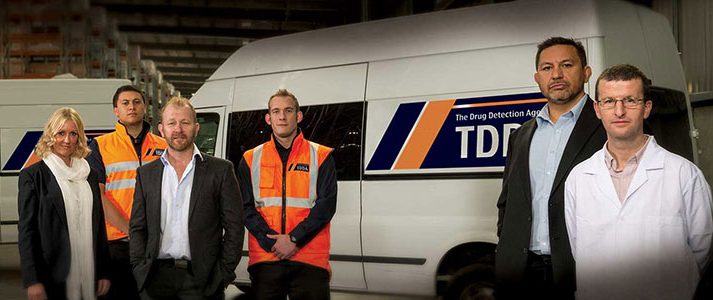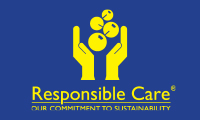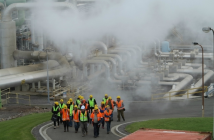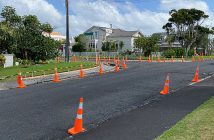The Drug Detection Agency (TDDA) has welcomed the report on meth contamination issued by the Prime Minister’s Chief Science Advisor, Sir Peter Gluckman, saying that accreditation and regulation in the industry were needed

“There’s no room for bad actors in safety-sensitive industries when your job is to ensure that people make it home at the end of the day,” The Drug Detection Agency CEO Kirk Hardy insists.
“There’s no room for low grade, error prone testing devices.
“There’s no room for poor policies that can expose a person to false testing results, breaches of privacy, and the potential for loss of work or income.
“There’s simply no room for cowboy operators in this industry.”
TDDA is a leader in the field and is independently accredited by International Accreditation NZ (IANZ) under ISO ISO15189:2012 accreditation for workplace drug testing.
The ISO15189:2012 accreditation, which is externally audited by IANZ, denotes that TDDA’s medical laboratories meet rigorous national and international standards in quality management and competence.
TDDA believes that any testing company should meet these minimum requirements to operate.
“The barrier to entry for drug testing is too low,” Hardy maintains.
“Anyone can find cheap DIY kits on the internet, start a company, and charge for testing services.
“Without proper accreditation and standards in place we’ll continue to see issues in the testing industry, and worse, incorrect testing results that lead to people getting hurt at work.”
While TDDA’s primary focus is on testing people and maintaining safe working environments, the company is also pleased that the report effectively shines a light on practices exploiting the concerns of residential property owners and calls for validation, guidelines, accreditation and qualification of testers.
It believes these are important recommendations that are needed to protect residential property owners and tenants – and to preserve the integrity of testing regimes.
TDDA are experts in what happens when methamphetamine use jumps from the home to the workplace.
It helps safety-sensitive businesses create rigorous policies and workplace testing regimes that ensure safe workplaces.
“No one is denying that people under the influence of drugs and alcohol, in a safety-sensitive field such as forestry, are dangers to themselves and others,” Hardy says.
“No employer will tell you he wants someone under the influence of meth, marijuana or other drugs operating a high-rise crane or heavy machinery.
“Without pre-employment and ongoing testing, industries like trucking and construction would be left exposed to accidents that may lead to loss of life.”
Testing is a demanding, complex, scientifically based and important field. It requires specialised technology and equipment, training and reliable mechanisms to detect risk for employers and employees.
TDDA believes that scientifically sound, robust testing and policies lead to safe places of work.
“We have a commandment at TDDA to ‘protect the girl on the bike’ “, Hardy explains.
“It simply means, no one gets hurt at work and people go home to their families at the end of the day.”
TDDA is delighted by the report, and supports the call for accreditation, qualification and regulation in the industry.
The report delivers the industry a chance to revisit the practices, policies and people that undertake what is a highly sophisticated, scientifically challenging, and important business to safety-sensitive industries.




